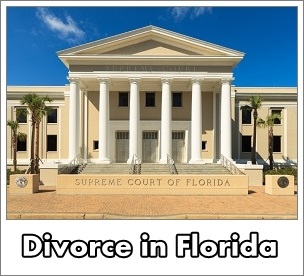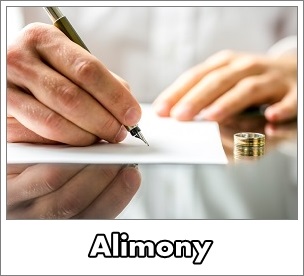
The Ashley Madison Hack: Does cheating matter in a Florida Divorce?
You may have recently seen in the headlines that a group of hackers released stolen data from Ashley Madison, a web based service that encourages and aides married people to cheat. Having not seen the data (the data was stolen and receiving or storing stolen data may be a crime), I can’t confirm, but the rumors suggest that the information includes names, email addresses, credit card information, and sexual preferences from more than 30 million profiles.
If, unfortunately, the hacked information indicates that you or your spouse was having or attempting to have an affair and you are considering filing for divorce, you may be wondering how this information will impact the outcome of your divorce. The following analysis includes specific information about the recent hack and general information about the impact of cheating on a Florida Divorce, including the impact on Custody or Parenting, Property Division, and Alimony.
Though the infidelity of one spouse is a common reason for divorce, Florida remains a “no-fault” state, meaning that the court is generally not interested in who is to blame or whose fault it is that the couple is divorcing – so you might think infidelity or cheating is irrelevant. In reality, regardless of Florida’s “no-fault” system, there are a few ways having an affair can impact the outcome of your divorce. The following list details some of the most common ways cheating can impact your Divorce:
1. If marital money is spent on an affair, the Court can consider such spending to be the “intentional dissipation” or “waste” of marital assets. In such a case, during the Property Division process, the innocent spouse may be entitled to a larger share of the remaining marital assets.
2. The Court may consider infidelity when determining whether to award Alimony and how much to award.
3. Evidence of cheating or other dishonesty may be used to attack the credibility of the cheating spouse. Of course, credibility concerns can have a wide ranging impact on bargaining power to settle and on the Court’s willingness to “trust” the cheating spouse regarding other matters.
4. In some circumstances, cheating, and other affiliated illegal behaviors, may call into question the moral character of the cheating spouse. Under Florida Law, moral character can come into play when the Court decides parental responsibility and time-sharing.
5. Practically speaking, infidelity can create trust and communication barriers, harming the ability of the parties to co-parent after the divorce.
After reading the above, if you think you are ready to file for divorce, keep in mind that the evidence associated with the hack is stolen and may not be admissible in Court. Fortunately, other evidence, including credit card statements that are discoverable under Florida’s Mandatory Disclosure law may provide alternative evidence. You should consult with an attorney in your state regarding what evidence may be applicable in your case or if you have any questions about the information found in this article.
About the Author: Cary Levinson, Managing Partner/Attorney at Levinson & Capuano, LLC, is experienced in litigating Florida Divorces that involve infidelity. Call (954)703-2110 or email Info@BrowardLegal.com today for more information.
This is NOT LEGAL ADVICE. It is intended for informational purposes only and should not be relied on to make any legal or other major decisions. If you have specific questions or inquiries regarding any of this information, you should consult with an attorney licensed in your state.





